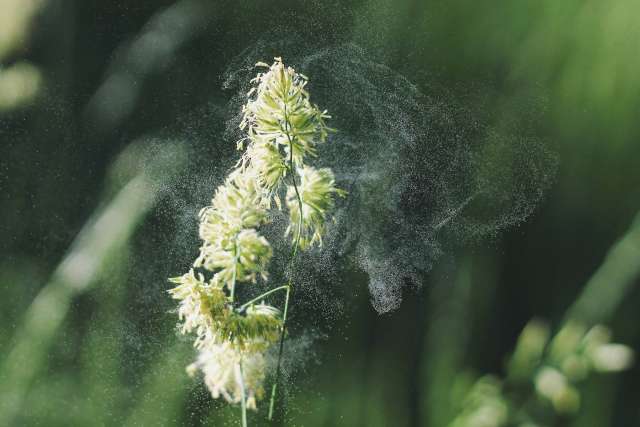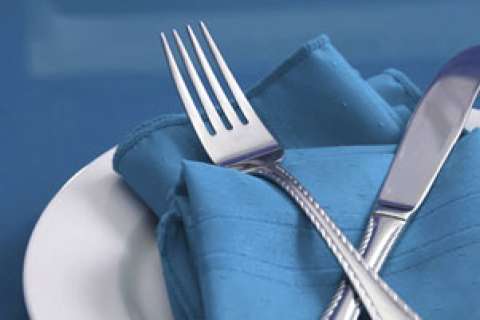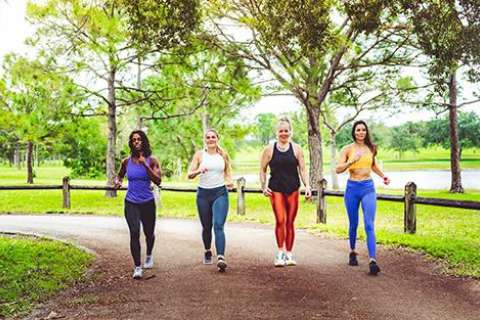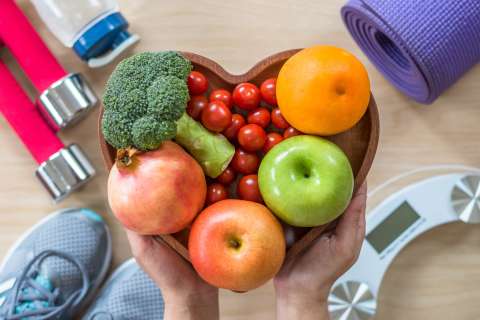Dear Doctors: I have hay fever, but usually it’s not that bad. This year, however, it has been awful. I’m plugged up, my eyes are itchy and by the end of the day, I have a headache. We live near Atlanta, and a lot of people here are miserable. Over-the-counter meds aren’t helping. What can I do?
Dear Reader: We suspect your body is responding to pollen, the powdery substance emitted by many plants, grasses and trees in the reproduction process. The National Allergy Bureau, an arm of the American Academy of Allergy, Asthma and Immunology, compiles daily readings of pollen counts. This spring, their data show the highest pollen counts recorded in decades in many regions of the United States.
The NAB maintains about 85 pollen counting stations across the U.S. Devices at each station capture pollen and mold spores, and they collect samples every 24 hours. They examine the samples under a microscope to get readings on the number of pollen grains per cubic meter of air. The higher the number, the more airborne pollen. According to NAB data, the Atlanta area is recording its highest pollen counts in 35 years.
Hay fever is the body’s response to this pollen. The medical term for this unique form of discomfort is allergic rhinitis. Breathing in pollen spores triggers the immune system to send out chemical messengers called histamines. These set off an inflammatory response meant to repel and kill the pollen invaders.
The congestion, itchy eyes and headache you have are common symptoms of hay fever. Other symptoms can include sneezing, post-nasal drip, watery eyes, coughing, wheezing, shortness of breath, sore throat and fatigue. Many people with allergic rhinitis get relief from over-the-counter antihistamines. Although they can be helpful, it is possible to build up a tolerance to their effects. Immunotherapies, such as allergy shots or tablets, are also an option.
This year’s supercharged pollen counts can even bother people who don’t have allergies. This is known as nonallergic rhinitis. Antihistamines are not effective for people with nonallergic rhinitis because histamines don’t cause their symptoms. They can try over-the-counter decongestants. A saline sinus rinse to wash away spores can also help. Always use distilled or sterilized water in sinus rinse, as bacteria can be present in tap water.
Pollen counts are highest in the morning, at night and when it’s windy. Taking medication before heading out at those times can get ahead of symptoms. A good mask can provide a physical barrier. Pollen spores cling to surfaces, including skin, hair and clothes. A shower before bed and washing clothes thoroughly can also limit exposure. If severe symptoms persist, check in with your doctor about other options, such as prescription medications.
(Send your questions to [email protected], or write: Ask the Doctors, c/o UCLA Health Sciences Media Relations, 10960 Wilshire Blvd., Suite 1955, Los Angeles, CA, 90024. Owing to the volume of mail, personal replies cannot be provided.)





